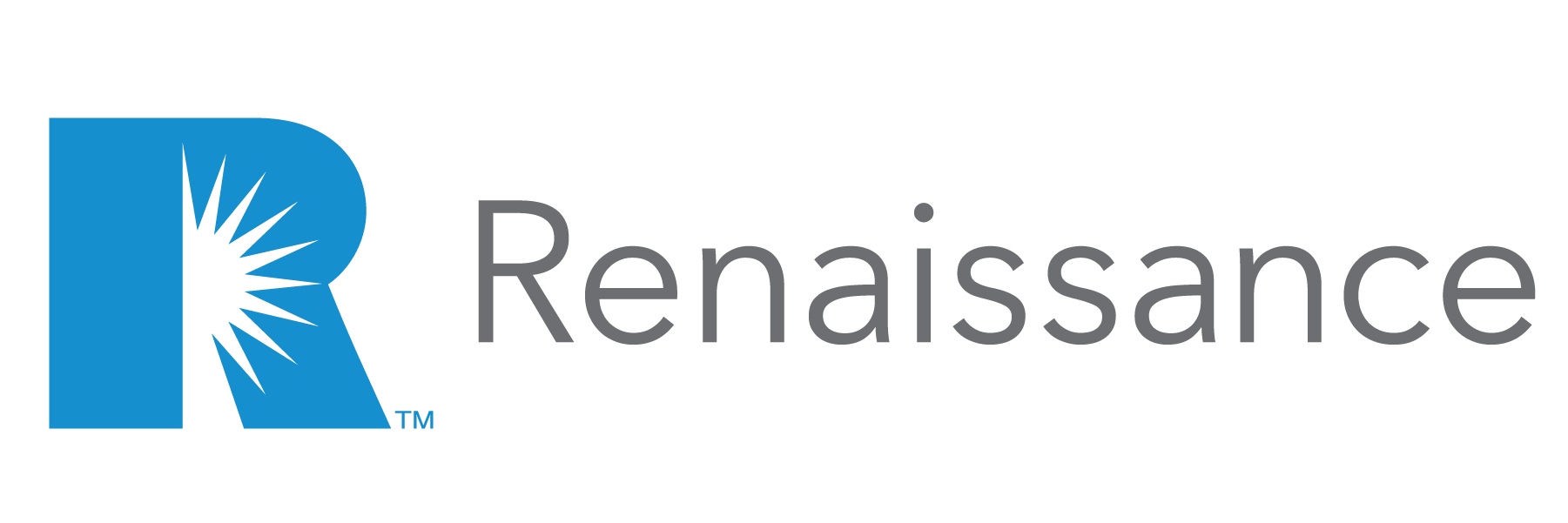While you may not wish to retire soon, there are several important decisions to make for the benefit of your agency – as well as your family’s welfare. (Part 1 of 2)
If you’re like most agency owners, you truly enjoy your work. Creating, building, and remaining inspired are constant goals to aspire to, and for many principals, staying active professionally is the key.
It’s also a good way to continually make good on your earnings potential.
However, that constant activity often comes at a price – adequate financial planning for your future. As such, it’s helpful to pause for a moment and shine some light on a topic that’s all too often overlooked by longtime insurance agency owners: As the principal, how much money would I need to retire and maintain the lifestyle to which I’ve become accustomed?
It’s easy to understand why agency principals are not often focused on their career endgame. For a good number of them, being an insurance agent is something they are, not just something they do. That is their identity; they relish that role of trusted advisor and the sense of social commitment they often engender in their communities.
All too often, however, what happens to some of those principals is they don’t develop a solid succession plan, they don’t execute on a value assessment of their agency, and their family gets left holding the bag when their health suddenly fails – and the value the principal spent a lifetime building begins to erode. You don’t want your agency’s financial destiny left to those who aren’t intimately familiar with its books.
Rather, you want to ensure that when it comes time for you to step down, you’ve got the means to continue living comfortably once you’re no longer collecting the annual income of a full-time principal. To do that, you need two things: constant, solid growth for your agency, and a long-term plan (20 years is advised) to determine who will eventually succeed you. Ensuring the legacy of your agency might involve having your children buy you out, in which case it’s even more critical that you grow your agency and grow its value to help protect their financial future as well.
Unfortunately, there’s no hard-and-fast rule to follow for retirement savings, such as having twice your annual revenues in the bank. It’s far more complicated than that.
The amount of money you need to retire on at your current level of income depends on your lifestyle. If you’re 70 years old and you’re expected to live at least another 14 to 17 years (or more) and you’re spending $150,000 a year to support yourself, you need at least $2.1 million. So where are you going to get it? That’s either going to come from selling your agency, or you’d better have sufficient assets to sponsor $2.1 million over the next 14 years at a minimum, whether or not you care if you have any assets left over.
Putting Social Security and other personal investments and savings aside (especially since the latter is a wild card among agency owners, who often choose instead to continually invest in their business), that puts the focus on the dollar value of your agency.
The best way to enhance your agency’s value, and therefore secure your retirement, is to plan well ahead and to focus on the things that drive greater value: growth and enhanced profitability/margin.
Roughly speaking, an agency growing at 3% with a 25% to 30% margin gets valued at 8 to 9 times earnings by a buyer. An agency that’s growing at 7% and has a 30% to 40% margin gets valued at 9 to 11 times earnings. An agency growing at 3% per year doubles in size after 24 years. An agency growing at 7% a year doubles in size in 10 years, and an agency growing at 10% per year doubles in size after six years. Continued growth for your agency should always be the goal.
How much can Renaissance help your agency grow? Calculate your agency’s projected cumulative earnings and valuation here: Calculate Your Growth Potential
The Most Critical Question
The most important question to ask when considering your financial endgame is: how long do you want to be running your agency full time?
Al Diamond, a 50-plus year veteran of the insurance industry, is president of Agency Consulting Group Inc. in Cherry Hill, N.J. He’s an expert on the proper valuation of their agencies and consults principals on, among other things, whether it’s the right time for the principal to exit – and if so, how to determine the best financial and strategic course of action.
He’s also refreshingly direct when asked about the “best” time to retire.
“Retirement is vastly overrated,” he said. “The time to retire is when you either lose your heart for the game, or when your health gives out – when your business goes from being a career to a life sentence.”
To be sure, there are many of us with family who we want to spend a lot more time with, or those of us who love to travel, or who have myriad interests, projects, or other pursuits to which we wish to devote our remaining time. However, if you don’t have any of those things, says Diamond, you’re better off continuing to work. Those who retire with nothing to do – especially those who have made a career of staying in perpetual motion – often lose their purpose and grow restless and bored, he notes.
“I get calls from principals who say, ‘I have no hobbies. I have no other plans. I don’t like anything else, and I enjoy what I do,’” he says. “I ask them, ‘Then why on earth would you sell?’ It’s a death sentence for them to leave.”
Alternatively, if you continue working, you can keep maximizing your earnings potential for as long as you can while continuously building your agency’s value. Once you’re at least two years away from a transfer of ownership, the process of setting up your agency’s balance sheet for a possible sale isn’t overly complicated, but it involves a level of accountability and transparency that you may not be accustomed to as the agency’s owner.
How Much is My Agency Worth?
The value of a business is two things: how much cash you have in the bank (and any other “liquid” assets), and how much you can sell your revenue stream (your renewal cash flow) for – and in his decades of advising principals on their agencies’ worth, Diamond has witnessed a distressing trend.
“During the valuation process, the owner will ask, ‘How much is my agency worth?’ And after examining their books, we’ll break the news to them: ‘Your agency’s value has gone down by 50%.’”
“And they say, ‘How can that be? Our revenue has gone up.’ And I explain to them, ‘You’re spending all your money. You’ve taken more money out every single year, even much more than your revenue increase. Your profit has diminished to almost zero.’”
In that situation, he adds, “you can’t sell your agency for very much, if the successor expects to run the agency like you did because you don’t make any money.” If you expect the agency to be taken apart by a new owner, then it can still sustain a value based on the cash flow that the buyer could sustain from the revenue he buys from you.
The first step to correcting your balance sheet, Diamond says, is to clean up your accounts receivable: stop borrowing money from your agency and pay off any money you’ve taken out. If it’s paid back, then it becomes an asset. If you have borrowed money on your books, even though it appears to be an asset, any savvy buyer knows that it’s just a hidden liability.
“That’s borrowing profits from the agency, instead of paying it out in distributed money that’s already taxed,” says Diamond. “You’re paying it out as a loan in pre-taxed money, and then you conveniently never pay it back. That comes out and bites you on the backside in the end. Because your Tangible Net Worth, the balance-sheet value of your agency, will discount off that money – loans made to the officers and owners that aren’t being paid back on a regular basis. Don’t borrow any more.”
Next, have a hard look at your expenses. The more profitable your agency, the more it’s worth to your successor. Remember, any buyer is going to buy you out with the cash flow that generates from your agency over an acceptable period of time.
In Part 2 of this column, we’ll explore other key factors that determine much you can get for your agency – and the options available to you in ensuring your financial well-being in retirement.
Renaissance Alliance members have access to more than 45 standard carriers and over 100 markets in total. Learn here how your agency can greatly expand your placement options.







